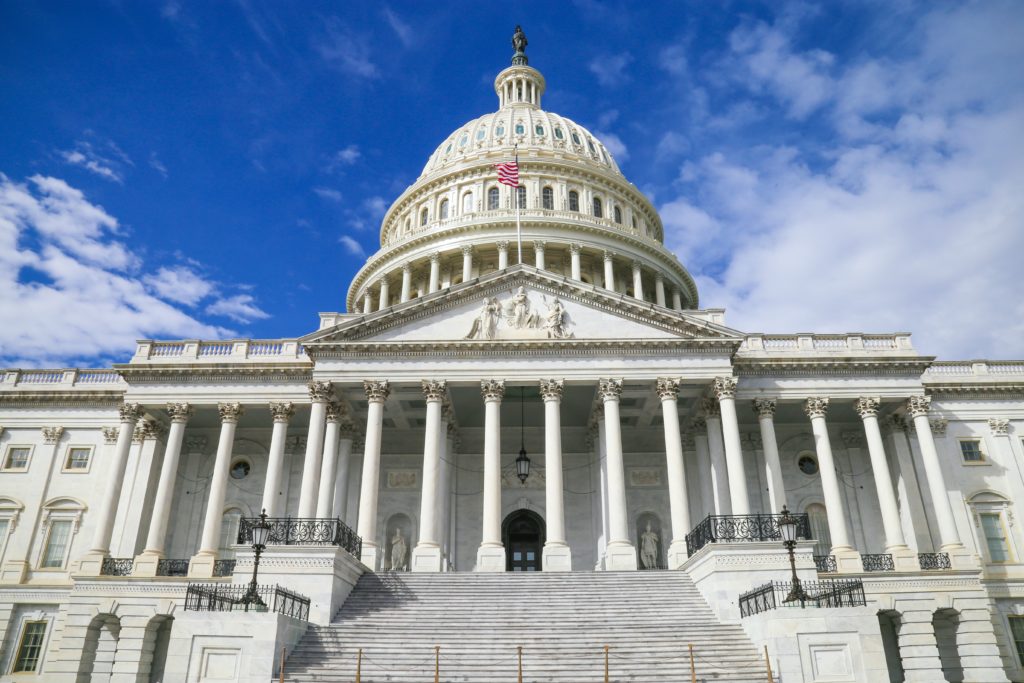By Jonah Vroerop
Edited by Natalie Grace Sipula
[3½ minute read]
Voting is arguably the most important facet of our democracy. It is the vehicle through which the voices of the common people reach the ears of leadership and the only way in which we can choose who represents us, both on a world stage and in our local governments. Many people think that Americans dislike talking about politics because it is rude or private. However, this is largely untrue. Yes, Americans may be hesitant to tell you which candidate they voted for or plan to vote for but engaging in conversation about political topics or asking someone’s opinion of a candidate is not rude at all. In fact, you may learn some things about American political history from these conversations and you may begin to understand why politics are such a barrier of change in the United States.

2020 is a big year for a lot of reasons, among which is the presidential election. In November, American citizens will cast their votes for the President and Vice President of the United States of America. Americans have the option of voting at a local polling station (usually a school, gymnasium, or community center) or via mail. The mail-in ballots are very important for many Americans, especially those who live out of their home state or state of permanent residence, since American voting laws mandate that your vote is counted by your state. The result of this year’s election will rely heavily on mail-in ballots, since many will likely be taking precautionary measures to avoid possible COVID transmission.
COVID, among many other things, has made this election pivotal for saving the lives of thousands of Americans. Our current administration has made an abysmal effort to address the coronavirus pandemic and as a result, America has had 7.3 million cases and over 200,000 deaths. The environment, racial inequality, and economics (partially due to covid), have also emerged as influential factors in the 2020 election. And so, if Americans want to see changes and progress in these areas, we will have to vote in record numbers. Although the election results are impossible to predict, we know that both leading candidates (former VP Joe Biden/Kamala Harris and the incumbent candidates Donald Trump/Mike Pence) still have a very realistic chance of winning. Therefore, the small percentage of “swing voters” in the United States will be the individuals that determine the outcome of this election. The states that have the highest numbers of these voters (we call these states “swing states”) are Colorado, Florida, Iowa, Michigan, Minnesota, Nevada, New Hampshire, North Carolina, Ohio, Pennsylvania, Virginia, and Wisconsin. Since the Presidential candidates win the votes of most of the states “all or nothing” (meaning that if the majority vote for one candidate all electoral votes of the state will go to that candidate), even a small number of voters in a swing state have a very large amount of electoral influence.

For the rest of the dwindling time between now and election day, there will be a handfulof debates televised, in which the candidates for President and Vice President will debate each other about current issues and topics of contention. The first presidential debate on September 29th was a mess, to say the least. The candidates did not show a high level of rapport and they largely failed to address the questions asked of them. Really, the “debate” turned into what looked like school children having a petty argument. Going forward, Americans are eager to see what the outcome of the election will be, and staying informed about the voting system and politics is a great way to learn a bit more about American culture.
Featured Image by Tiffany Tertipes on Unsplash
Jonah is a junior studying Neuroscience and minoring in Spanish and UX Design. He grew up in Burlington, Vermont and has visited almost every state in the US. He speaks English and Spanish fluently as well as moderate Dutch and a few other languages. Jonah recently studied abroad in the Netherlands and has visited most of Europe and North America. Jonah hosted exchange students in high school and has extensive experience with international students both in academic and personal life. As someone who is not from Southern California, he also loves exploring LA and experiencing the many cultures of the city. On campus, Jonah does genetics research and works at the School of Architecture in addition to participating in many student organizations. In his free time, Jonah enjoys listening to music, watching movies, trying new restaurants, skateboarding, or hanging out with friends. Jonah looks forward to helping with conversation skills, essays and schoolwork, slang/idioms, and interview preparation while getting to know you in the process!

